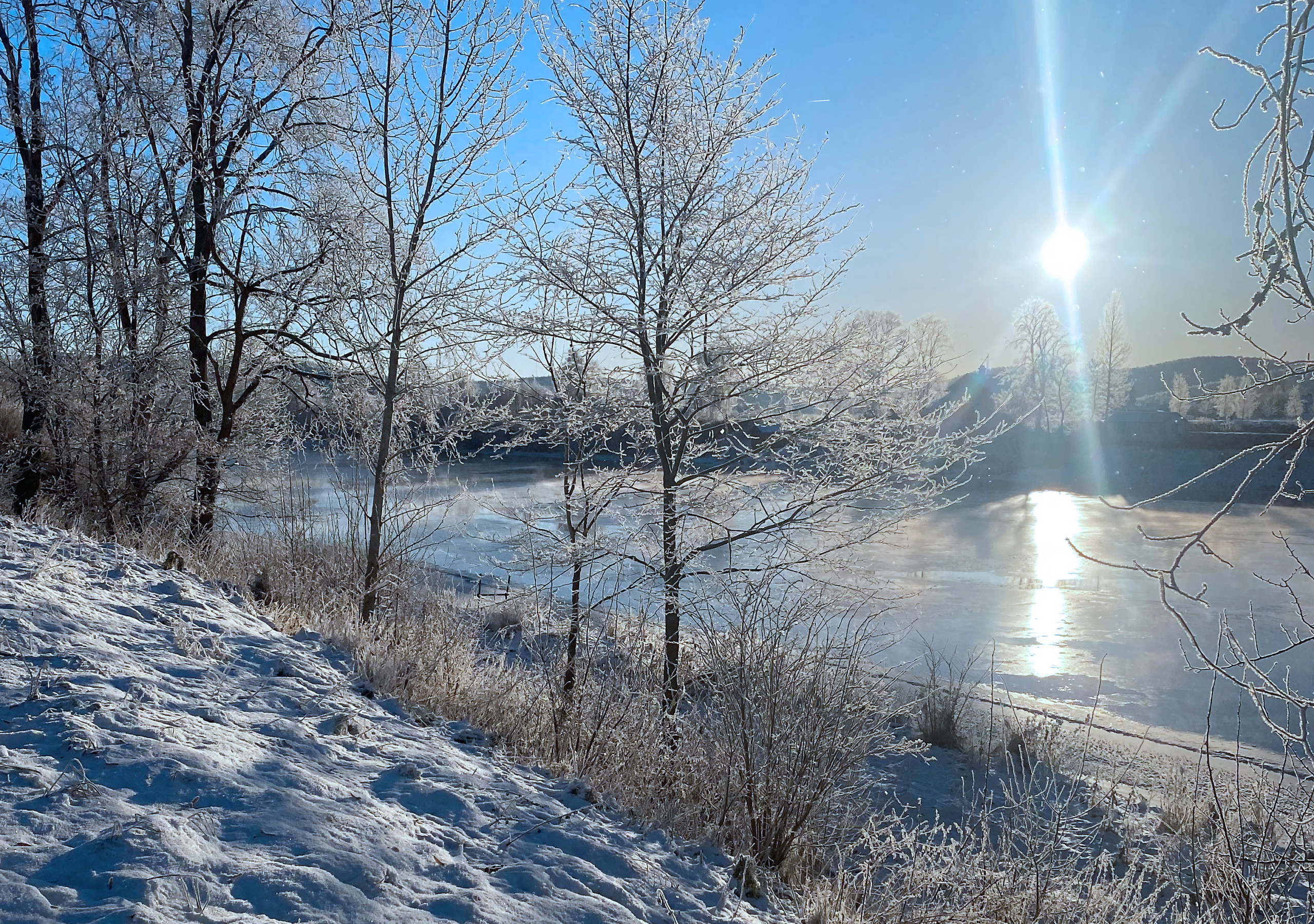
Before the winter period, it is important to think about several factors when it comes to the ventilation in your home, especially when the weather is cold and snowy. Here are some important aspects to consider:
1. Adjust the ventilation settings:
- Make sure your ventilation system is set up correctly for winter use. Many modern systems have winter and summer settings. During the winter, it may be appropriate to adjust the air flow to reduce heat loss but ensure sufficient ventilation to avoid moisture problems.
2. Check the heat exchanger:
- If your ventilation system has a heat exchanger (as in an FTX system), make sure it is working efficiently. The heat exchanger recovers the heat from the outgoing air and transfers it to the incoming air, reducing energy losses.
3. Change filter and clean intake valves:
- During the winter, the ventilation’s filter and intake valves can become clogged with dust and dirt. Change filters regularly to ensure optimal airflow and to prevent system overload.
4. Prevent icing:
- Check that no ice forms on or near the air intake and exhaust ducts, especially in very cold temperatures. Ice formation can block airflow and damage ventilation. Some systems have built-in defrost functions that should be checked and used.
5. Ensure adequate ventilation:
- Although it may be tempting to reduce ventilation to save energy, it is important to maintain adequate ventilation to avoid moisture and mold problems. Correct ventilation is also important to ensure a good indoor climate and to avoid the accumulation of harmful substances indoors.
6. Avoid drafts and cold draught:
- Check that the fresh air intake is free of snow and ice. Clean the intake and protect it with a storm cover if there is a recurring problem with icing and the intake becoming clogged.
7. Prevent condensation:
- The ventilation should be adjusted so that it counteracts condensation on windows and cold surfaces, which is a common problem during the winter. This can also help prevent mold growth.
8. Consider using a humidifier:
- If the indoor air becomes too dry during the winter, it may be worth considering a humidifier but be careful not to raise the humidity too much, as this can cause condensation problems.